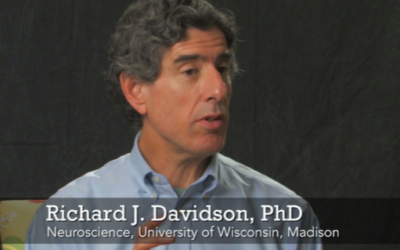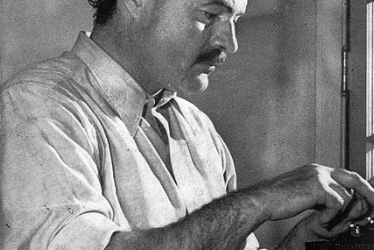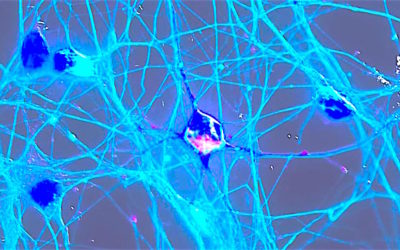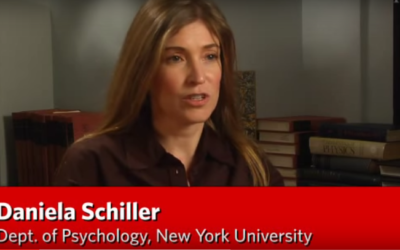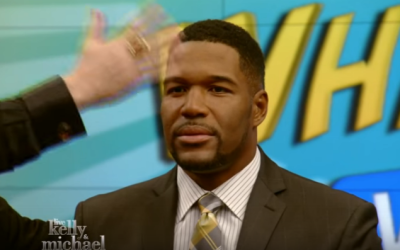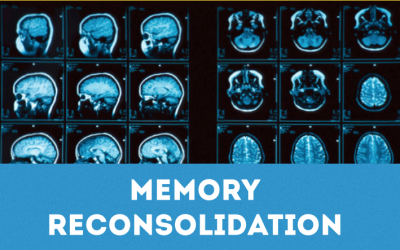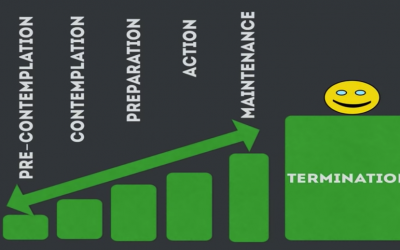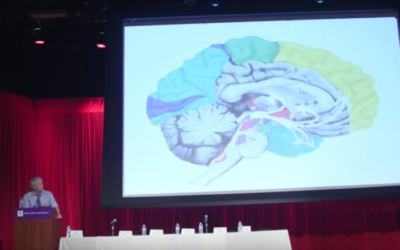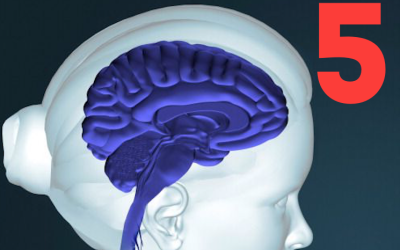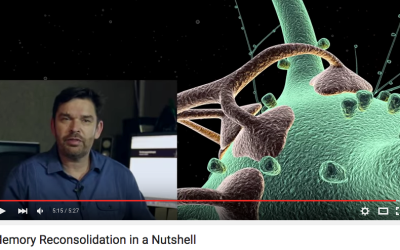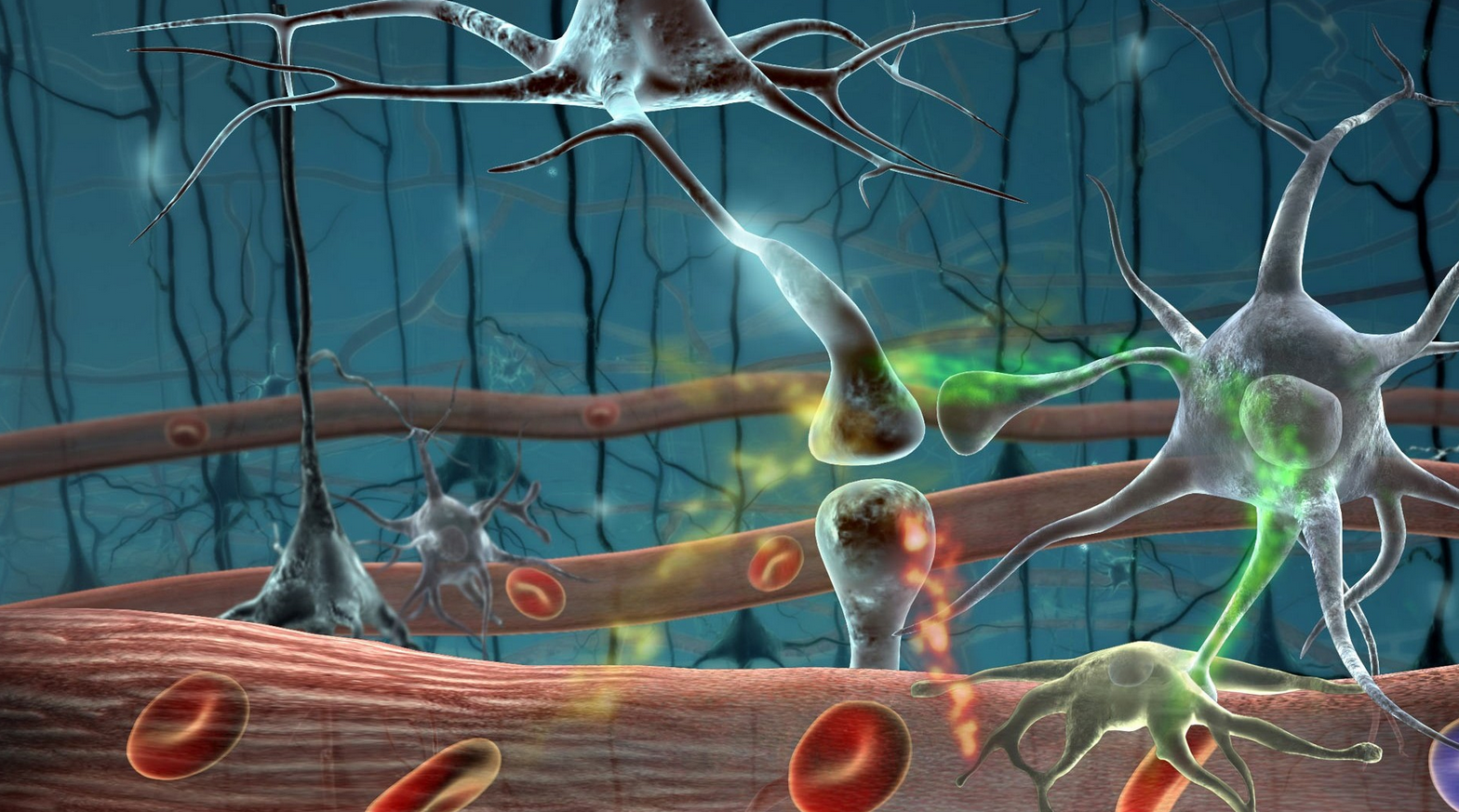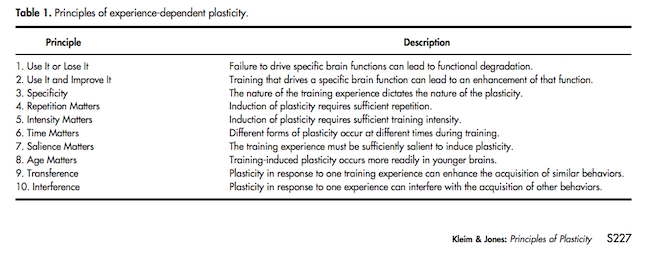Adversity happens to everyone. Some experience loss from the death of a loved one, a breakup, war, disease, trauma, job loss, betrayals. Some people have these moments become life changing in a way that results in despair, depression and suicide. Others, those with rockstar resilience bounce back better than ever. That which does not kill them, makes them stronger.
Drs. Steven Southwick and Dennis Charney have been studying the effects of trauma on resilience for nearly 20 years.
They have questioned why some survivors can overcome extreme adversity and go on to have purposeful lives and posttraumatic growth, while others don’t.
While gathering information for their book Resilience: The Science of Mastering Life’s Greatest Challenges, they worked with people who have endured, survived, and thrived in spite of extreme stress, such as those in the US Army Special Forces and prisoners of war.
1. Optimistic, but balanced with realism.
2. Face rather than ignore fears.
3. Strong sense of right and wrong.
4. Participate in a spiritual practice or group with strong beliefs.
5. Have a social support system to give and receive from others.
6. Have resilient role models who they emulate.
7. Make physical fitness a priority.
8. Keep their minds fit by engaging in lifelong learning.
9. Stay mentally flexible with a good sense of humour.
10. They have a calling, mission, or purpose in life.
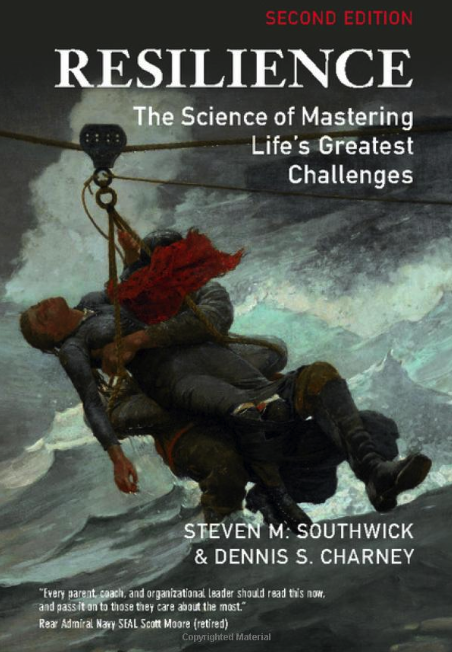
You don't need a crises to be the catalyst to further develop your personal growth and resilience. We can adopt some of these traits before adversity occurs so that which doesn't kill us, makes us stronger!
Harvard Medical School, Meditation and the Brain
Dr. Richard Davidson, a neuroscientist from the University of Wisconsin in Madison, and Dr. Sara Lazar, a neuroscientist based out of Massachusetts General Hospital and the Harvard Medical School gives an interview on his findings with meditation and its effects on the brain.
People Who Have Had Personality Changes and Post-Traumatic Growth
The slings and arrows of life happen to everyone. Some more than others. When looking at adversity, it’s important to see that hope exists and that others have been through traumatic experiences only to have come out stronger. This is known as post-traumatic growth.
Memory Reconsolidation: Key To Transformational Change
Reconsolidation means that the synapses of a target emotional learning are unlocked for a limited time of about five hours which allows new learning to directly rewrite and erase the target learning and then the target learning actually no longer exists.
Lady Gaga : I Changed Myself Completely After Rape.
Lady Gaga opened up...
Erase Fear Memories: Schiller on Memory Reconsolidation
Daniela...
How to Forget Your Ex Podcast
Subscribe for updates...
How to Stop Depression After a Breakup
The book Bouncing...
Richard Bandler – Fear Removal Strategy
[et_pb_ro...
Dr James Alexander on Memory Reconsolidation
Dr James Alexander...
Dr. Albert “Skip” Rizzo, Medical Virtual Reality, Oculus Rift, BraveMind and Virtual Reality for Therapy
[et_pb_ro...
Prochaska and the Stages of Change
When Dr James Prochaska, the USA psychologist was researching people that were able to overcome addictions to drugs and alcohol, he found that most find their cure by going through six stages. This is now known as the stages of change model.
Post Traumatic Stress into Post-Traumatic Growth
Winston Churchill said that “Success consists of going from failure to failure without losing enthusiasm.”
So when life throws you lemons, it’s not just about making lemonade but also recognizing that lemonade cannot be made without lemons.
Dr. Stephen Joseph is the author of “What Doesn’t Kill Us : The New Psychology of Post Traumatic Growth” and in it he talks of hundreds of cases of people who were able to respond to adversity in ways that empowered them.
Psychoanalysis and Memory Reconsolidation
[et_pb_ro...
Misconception 1 about Memory Reconsolidation Process Is Triggered by Reactivating a Target Learning or Memory
This post was...
Misconception 2: The Disruption of Reconsolidation Is What Erases a Target Learning
This post was...
Misconception 3: Reconsolidation Is an Enhancement of Extinction
This post was...
Misconception 4: Anxiety, Phobias, and PTSD Are the Symptoms That Memory Reconsolidation Could Help to Dispel in Psychotherapy, but More Research Must Be Done Before It Is Clear How Reconsolidation Can Be Utilized Clinically
[et_pb_ro...
Misconception 5: Emotional Arousal Is Inherently Necessary for Inducing the Reconsolidation Process
from the...
Misconception 6: What Is Erased in Therapy Is the Negative Emotion That Became Associated With Certain Event Memories, and This Negative Emotion Is Erased by Inducing Positive or Neutral Emotional Responses to Replace It
This post was...
Misconception 7: The Much Older Concept of Corrective Emotional Experience Already Covers Everything Now Being Described as Reconsolidation and Erasure
[et_pb_ro...
Misconception 8: To Induce Memory Reconsolidation and Erasure, Therapists Must Follow a Set Protocol Derived From Laboratory Studies
[et_pb_ro...
Misconception 9: A Long-Standing Emotional Reaction or Behavior Sometimes Ceases Permanently in Psychotherapy Without Guiding the Steps That Bring About Erasure Through Reconsolidation, and This Shows That Reconsolidation Is Not the Only Process of Transformational Change
[et_pb_ro...
Misconception 10: Carrying Out the Steps Required for Reconsolidation and Erasure Sometimes Fails to Bring About a Transformational Change, Which Means That the Reconsolidation Process Is Not Effective for Some Emotional Learnings
[et_pb_ro...
Memory Reconsolidation Explained.
Memory reconsolidation...
Elon Musk on Multiple Near Death Experiences
[et_pb_ro...
Ten Misconceptions of Memory Reconsolidation
[et_pb_ro...
Memory Reconsolidation in Context
Memory reconsolidation...
Effects of Experience Dependent Neural Plasticity
The Specificity...
Propanolol’s Effects on Long Term Emotional Memory
[et_pb_ro...
Military Funds Brain-Computer Interfaces to Control Feelings
A $70 million program...
References for the Ten Misconceptions of Memory Reconsolidation
References Agren, T....
What do you say to your best friend after a breakup ?
Pick the way that is...
Purpose in Life Predicts Better Emotional Recovery from Negative Stimuli
Greater purpose in...

